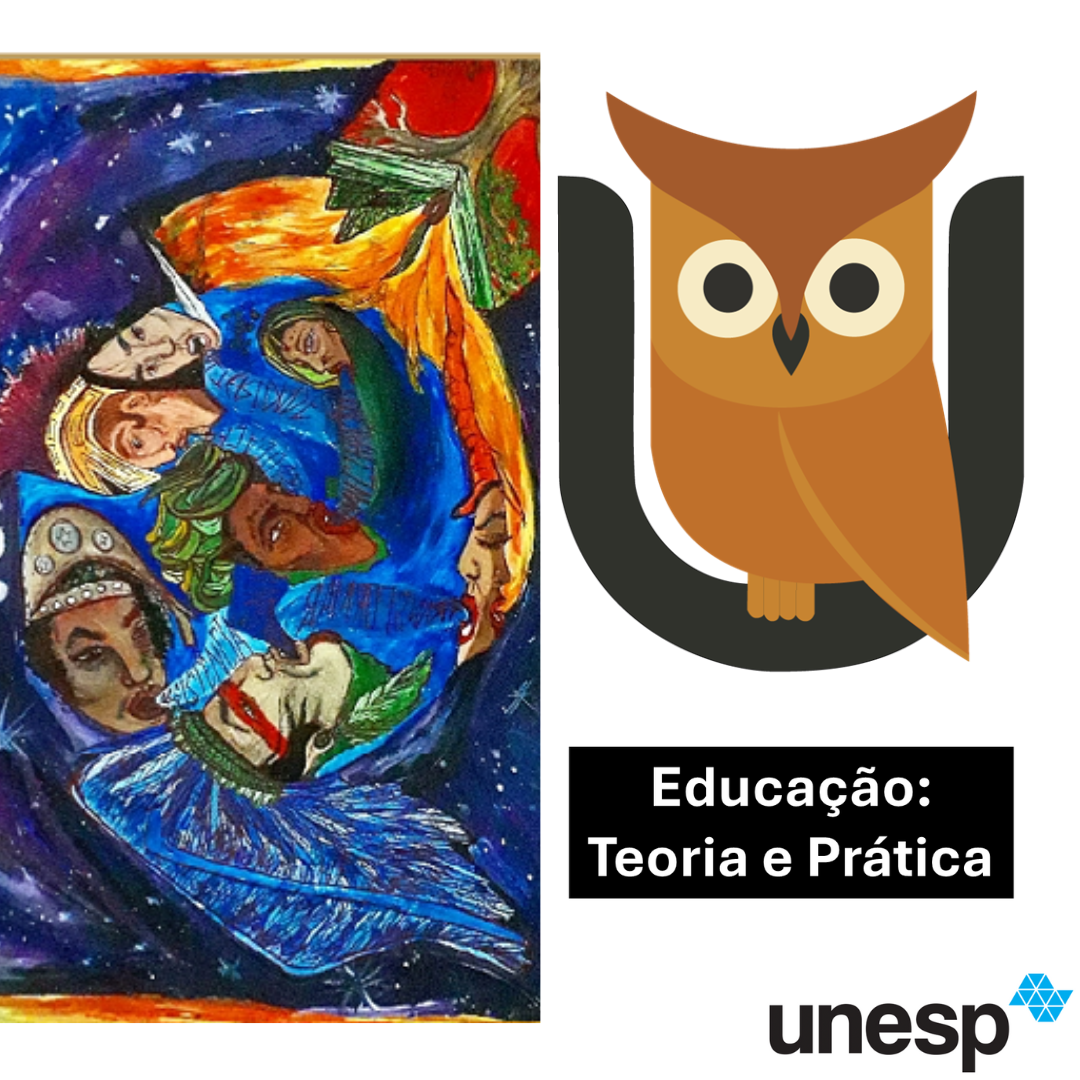POSSIBLE REPRESENTATIONS ABOUT SCIENCE IN READING TEXTS’ CLIPPINGS OF SCIENTISTS AND PHILOSOPHERS
DOI:
https://doi.org/10.18675/1981-8106.v30.n.63.s14563Keywords:
Reading. Science and Sciences. Text Clippings. Representations.Abstract
It is common in our society, even in school situations, to speak of science as if it was unique. Results of scientific production are often valued without addressing the way they are produced. A possible imaginary about the existence of a unique scientific method may derive from it. This article starts from the realization of the relevance of questioning positions that can value science and the scientific method as if they were unique, that is, positions that do not consider at the multidisciplinary character of this institution. We seek to understand some representations of scientists and philosophers on this issue. These representations are inferred in the reading of discourses present in clippings of their productions, and these clippings are selected in view of possible reflections on the questioning pointed out. For the development of reading as well as for the notion of representation we based on principles and notions of discourse analysis in the Pecheutian strand, mainly in Eni Orlandi’s productions. In this strand discourse is considered as the effect of meanings between interlocutors. Among the results of discourse analysis present in these clippings is the corroboration of positions that point to different ways of producing scientific knowledge.
References
ALMEIDA, M. J. P. M.; O texto de divulgação científica como recurso didático na mediação do discurso escolar relativo à ciência. In: PINTO, G. A. Divulgação Científica e Práticas Educativas. Curitiba: Editora CRV, 2010, p. 11-22.
ALMEIDA, M. J. P. M.; PAGLIARINI, C. R. Representações numa vertente da análise de discurso e seu funcionamento em situações de ensino e pesquisa. RDIVE – Revista Discurso & Imagem Visual em Educação, v. 3, n. 1, p. 4-15, 2018.
BACHELARD, G. A Epistemologia. Coimbra: Edições 70, 1984.
BOHR, N. Física Atômica e Conhecimento Humano Ensaios 1932-1957. Rio de Janeiro: Contraponto, 1995.
BRANDÃO, H. H. N. Introdução à Análise do Discurso. Campinas: Editora da Unicamp, 2002.
EAGLETON, T. A. A Ideia de Cultura. São Paulo: Editora da UNESP, 2003.
MAYR, E. Biologia, Ciência Única. São Paulo: Companhia das Letras, 2005.
ORLANDI, E. P. A Linguagem e seu Funcionamento. São Paulo: Editora Brasiliense, 1983.
ORLANDI, E. P. Análise De Discurso. In: ORLANDI, E. P.; LAGAZZI-RODRIGUES, S. Discurso e Textualidade. Campinas: Pontes, 2006. p. 13-31.
ORLANDI, E. P. Análise de Discurso: princípios & procedimentos. Campinas: Pontes, 2003.
ORLANDI, E. P. Discurso & Leitura. São Paulo: Cortez Editora, 1988.
PAIS, A. Os Gênios Da Ciência. Lisboa: Gradiva, 2002.
ROURE, G. Q. Vidas Silenciadas: a violência com crianças e adolescentes. Campinas: Editora da Unicamp, 1996.
ROBILOTTA, M. R.; BABICHAK, C. C. Definições e conceitos em física. Caderno Cedes, v. 41, p. 35-45, 1997.
VIDEIRA, A. A. P.; Para que servem as definições? In: EL-HANI, C. N.; VIDEIRA, A. A. P. O que é a vida: para entender a Biologia do Século XXI. Rio de Janeiro: Relume Dumará, 2005, p. 17-29.
Published
How to Cite
Issue
Section
License
Authors who publish in this journal agree to the following terms:
a) Authors assign copyright to the journal, with the work simultaneously licensed under the Creative Commons Attribution License that allows sharing of the work with acknowledgment of authorship and publication in this journal.
b) The policy adopted by the Editorial Committee is to assign copyright only after a period of 30 months from the date of publication of the article. After this time, authors interested in publishing the same text in another work must send a letter to the Editorial Committee requesting the release of the assignment of copyright and wait for a response.
c) This journal provides public access to all its content, since this allows greater visibility and reach of published articles and reviews. For more information on this approach, visit the Public Knowledge Project, a project that developed this system to improve the academic and public quality of research, by distributing OJS as well as other software to support the public access publication system to academic sources. The names and email addresses on this website will be used exclusively for the purposes of the journal and will not be available for other purposes. This journal provides open any other party  This work is licensed under a Creative Commons License
This work is licensed under a Creative Commons License











